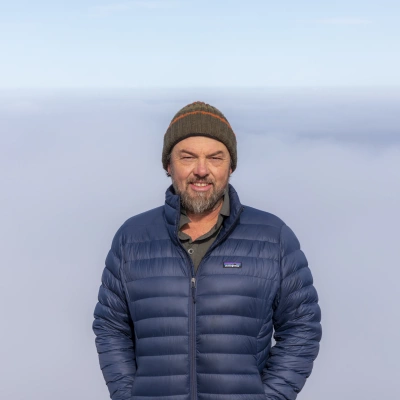Braiding Sweetgrass
“In some Native languages the term for plants translates to “those who take care of us.” ― Robin Wall Kimmerer, Braiding Sweetgrass
The traditional wiingashk, or sweetgrass, braid tells the story of how mind, body, and spirit are connected and mutually dependent. To follow the way of the sweetgrass would mean that we give thanks to nature's abundance and use our gifts to nurture the world, thus nurturing ourselves.
Braiding Sweetgrass explores reciprocal relationships between humans and the land, with a focus on the role of plants and botany in both Native American and Western traditions. The book has been described as a gift of love to the Earth. Author, Robin Kimmerer is a botanist, a writer and member of the Citizen Potawatomi Nation. She teaches in the Department of Environment and Forest Biology at SUNY-ESF, where she is the director of the Center for Native Peoples and the Environment.
“Knowing that you love the earth changes you, activates you to defend and protect and celebrate. But when you feel that the earth loves you in return, that feeling transforms the relationship from a one-way street into a sacred bond.” ― Robin Wall Kimmerer, Braiding Sweetgrass: Indigenous Wisdom, Scientific Knowledge and the Teachings of Plants

Dan Broun
Kuno Earth Media Centre Manager
“In some Native languages the term for plants translates to “those who take care of us.” ― Robin Wall Kimmerer, Braiding Sweetgrass
The traditional wiingashk, or sweetgrass, braid tells the story of how mind, body, and spirit are connected and mutually dependent. To follow the way of the sweetgrass would mean that we give thanks to nature's abundance and use our gifts to nurture the world, thus nurturing ourselves.
Braiding Sweetgrass explores reciprocal relationships between humans and the land, with a focus on the role of plants and botany in both Native American and Western traditions. The book has been described as a gift of love to the Earth. Author, Robin Kimmerer is a botanist, a writer and member of the Citizen Potawatomi Nation. She teaches in the Department of Environment and Forest Biology at SUNY-ESF, where she is the director of the Center for Native Peoples and the Environment.
“Knowing that you love the earth changes you, activates you to defend and protect and celebrate. But when you feel that the earth loves you in return, that feeling transforms the relationship from a one-way street into a sacred bond.” ― Robin Wall Kimmerer, Braiding Sweetgrass: Indigenous Wisdom, Scientific Knowledge and the Teachings of Plants
You might like...

Restoring Sydney Harbour’s seagrass

Local Heroes

Walden by Henry D Thoreau

Panipiason: Gateway to Aklan Mountain Adventures
Newsletter
Sign up to keep in touch with articles, updates, events or news from Kuno, your platform for nature
